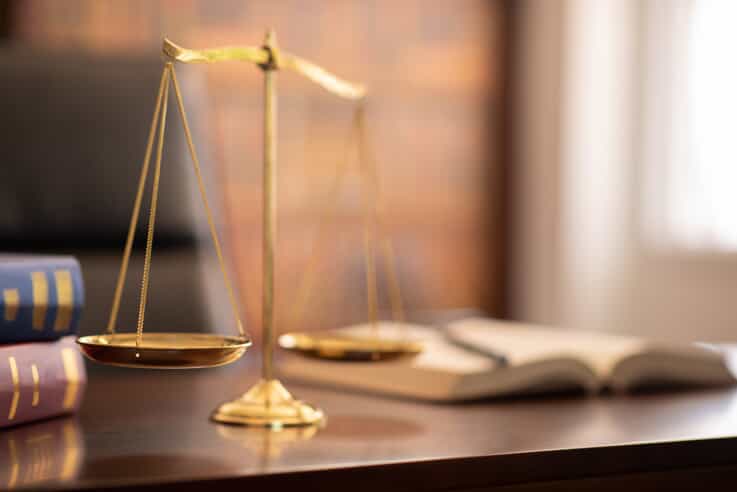
Wearable technology and smartphones are now a common part of daily life. According to a recent Forbes study, nearly one in six American consumers now own a piece of wearable tech, such as a fitness monitor that is able to collect and store data with little user involvement.
Smartphones are even more common. The Pew Research Center reports that 250 million individuals, representing 77 percent of the population, use a smartphone. These mobile devices can run a wide range of health-related applications that take measurements and give the user statistics. Examples of data that can be tracked by a smartphone include the number of steps a user has taken on a given day, as well as what they have eaten. Now that there are so many of these devices in use throughout the nation, it’s time to consider just how useful the data they hold could be in a personal injury case.
For example, a plaintiff that claims they were seriously injured and have limitations to their activity could face serious questions if data from their wearable tech devices shows that they routinely walk several miles a day or take part in strenuous exercises. The opposite is also true. Someone who used to be highly active before becoming injured could use data coming from their mobile devices to show that their physical activity levels have diminished significantly, thus corroborating their claim.
Using Data From Wearable Gadgets and Smartphones
As wearable technology and smartphones are able to collect a large amount of data that may be relevant in a personal injury case, important questions are raised as to whether the information they contain is discoverable under the Federal Rules of Civil Procedure or whether it could be admissible if a case goes to trial.
Gathering the needed data may not be as easy as it may seem. While a discovery request can be filed, individuals who know that they’re facing litigation may delete data from their devices without their being any form of backup. Attorneys in the case may then have to go through the trouble of hiring technology experts and getting a discovery order to find out how much of the data has been spoiled. A plaintiff who doesn’t want the data used during the trial may have their attorney file protective orders based on privacy, relevance and various other concerns.
Other Considerations
Whether health data collected by personal electronic devices is relevant will depend on the facts surrounding each case. This is particularly important in a personal injury case where a party alleges that they’ve suffered from various types of physical limitations.
The reliability of the data is also an issue that is more complex than it would appear at first. Those who seek to use the data should be aware of how the device tracks activity, for example, whether it is able to distinguish physical activity from simple movement, such as walking as opposed to driving a vehicle. Another concern is the identity of the user, as a party in a case can claim that the data collected by their device isn’t a true reflection of their physical condition if they’ve regularly let friends or relatives borrow the device.

